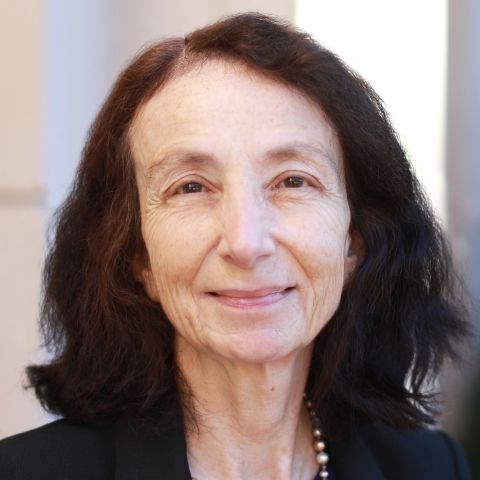
The New Kinship: Constructing Donor-Conceived Families
No federal law in the United States requires that egg or sperm donors or recipients exchange any information with the offspring that result from the donation. The parents may know the donor's hair color, height, IQ, college, and profession; they may even have heard the donor's voice. But they don't know the donor's name, nor do they have access to their medical history, or other information that might play a key role in a child's development. And, until recently, donor-conceived offspring often didn't know that one of their biological parents was a donor. But the secrecy surrounding the use of donor eggs and sperm is changing. And as it does, increasing numbers of parents and donor-conceived offspring are searching for others who share the same biological heritage. When donors, recipients, and 'donor offspring' find each other, they create new forms of families. The New Kinship details how families are made and how bonds are created between families in the brave new world of reproductive technology. Naomi Cahn, a nationally-recognized expert on reproductive technology and the law, shows how these new kinship bonds dramatically exemplify the ongoing cultural change in how we think about family. The issues Cahn explores in this book will resonate with anyone - and everyone - who cares about the formation and shape of family and community.